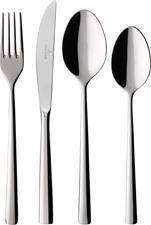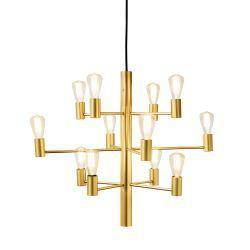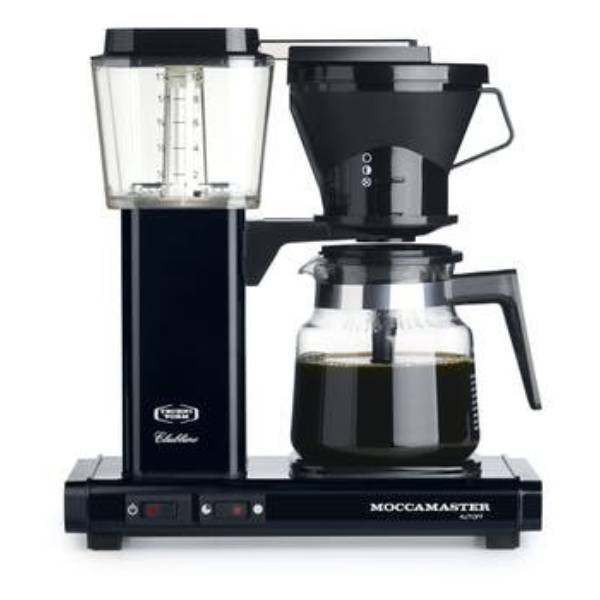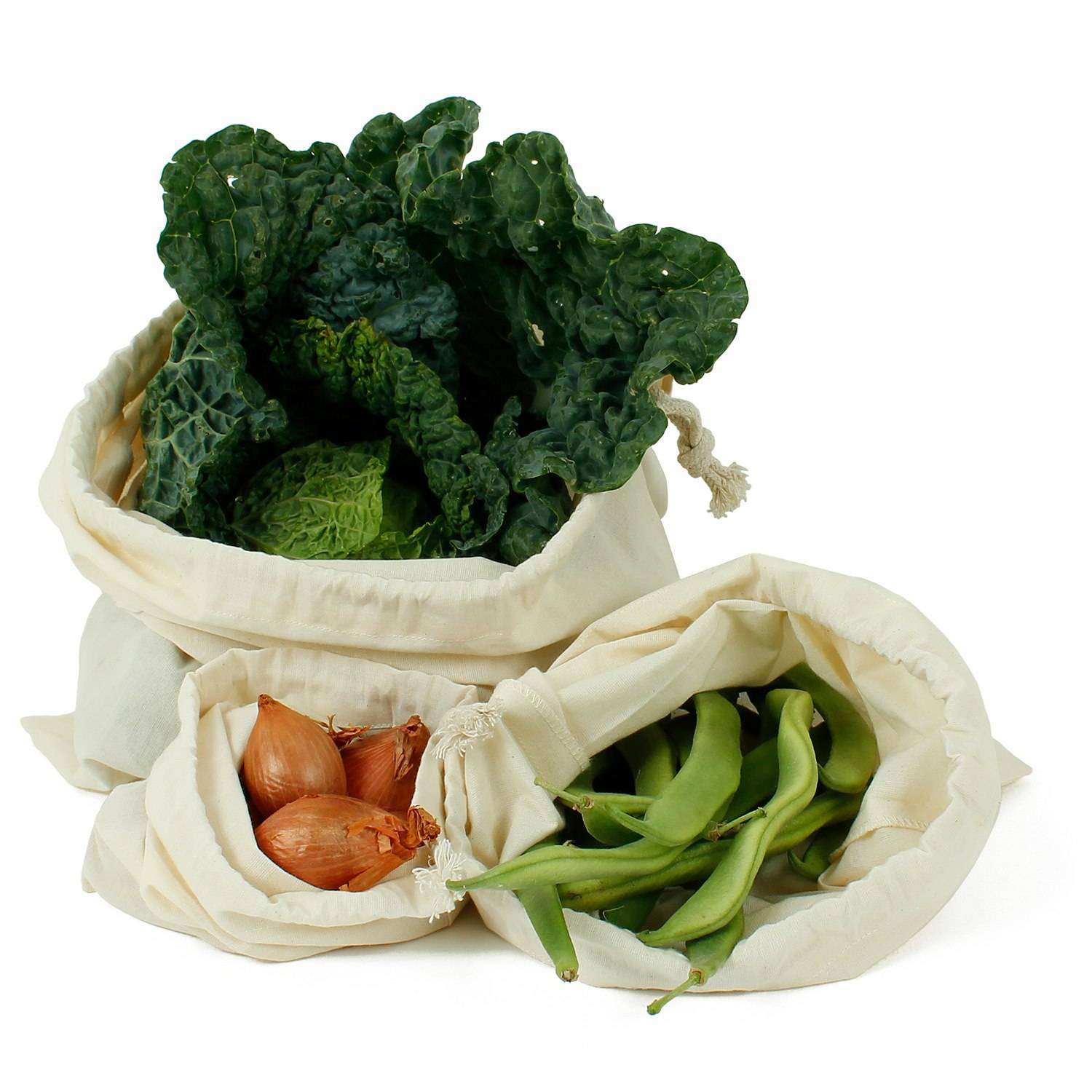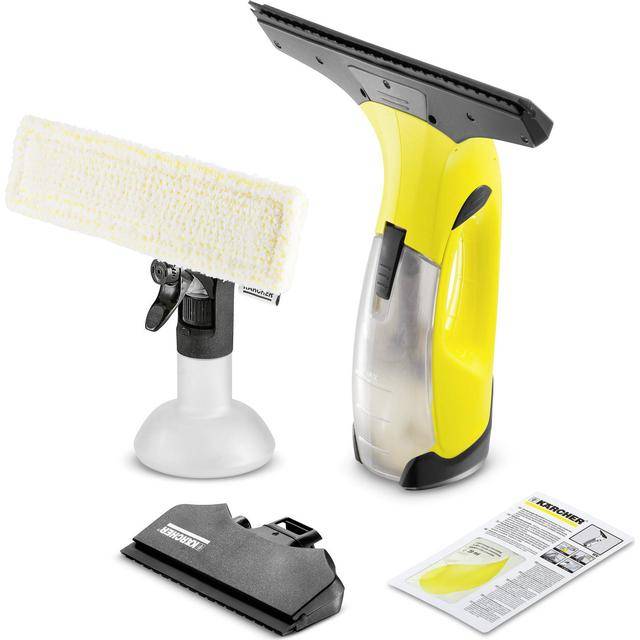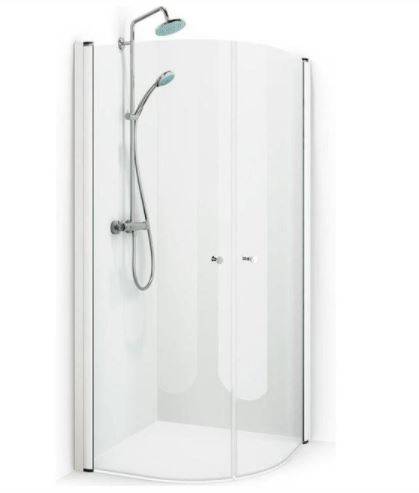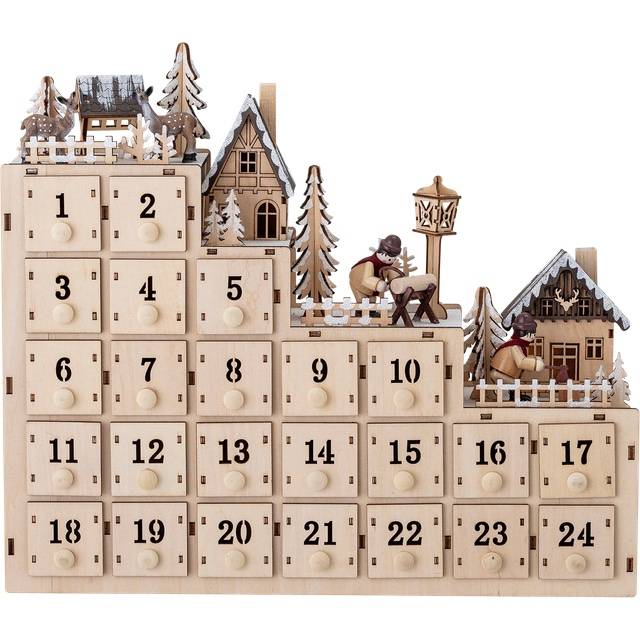Blenders
Blowtorches
Breadmakers
Coffee Grinders
Coffee Makers
Deep fryers & Airfryers
Food Cookers
Food Dehydrators
Food Mixers & Food Processors
Hand Blenders
Hand Mixers
Ice Cream Makers
Ice Makers
Juicers
Kettles
Kitchen Scales
Meat Slicers
Mincers
Mini Choppers & Spiralisers
Other Kitchen Appliances
Pasta Makers
Popcorn Makers
Sandwich Toasters
Soft Drink Makers
Toasters
Vacuum Sealers
Waffle Makers
Velux Windows
Try flexible payments withLearn how
400+ products
Windows: 3 things to consider before buying
When purchasing windows, energy efficiency should be a top priority. Look for windows with a high energy rating to save on heating and cooling costs. ″Double-glazed or triple-glazed windows″ provide excellent insulation, keeping your home warm in the winter and cool in the summer. Additionally, low-emissivity (Low-E) glass can further enhance thermal performance by reflecting heat into the room during winter and blocking it out during summer.
The material of your windows affects durability, maintenance, and aesthetics. ″uPVC windows″ are popular due to their low maintenance and affordability. ″Wooden frames″ offer a classic look but require more upkeep to prevent rot and warping. ″Aluminium frames″ provide a sleek, modern appearance and are highly durable but can be less effective at insulating compared to other materials. Consider your climate and personal style when selecting the material.
Security is crucial when choosing windows for your home. Opt for windows with robust locking systems to deter potential intruders. Look for features such as ″multi-point locking mechanisms″ and ″reinforced glass″, which offer additional protection. Some windows come with laminated or toughened glass options that are harder to break, providing peace of mind without compromising on style.
FAQ
Windows are available in various standard sizes, typically ranging from 24″ x 36″ to 48″ x 72″. The size you choose depends on your space and design preferences. Measure your window opening carefully to ensure a proper fit. Consider the architectural style of your home when selecting window sizes.
Windows are commonly made from materials like wood, uPVC, aluminium, and composite. Each material offers distinct benefits. Wood provides a classic look and good insulation; uPVC is low-maintenance and cost-effective; aluminium is durable and sleek; composite combines benefits for enhanced performance.
Windows are considered energy-efficient if they have low U-values and high energy ratings. Look for labels indicating these values. Double or triple glazing can improve insulation. Energy-efficient windows help reduce heating costs and improve comfort by minimizing heat loss during colder months.
Windows are effective for ventilation if they can open widely, such as casement or awning styles. Casement windows swing outwards, allowing maximum airflow, while awning windows open from the top, providing ventilation even during rain. Consider your room's layout when choosing for optimal air circulation.
Windows require regular cleaning and inspection to ensure longevity. Clean frames and glass with mild detergent and water. Check seals and hardware annually for wear or damage. Routine maintenance helps prevent leaks and prolongs the life of your windows, ensuring they function effectively over time.
You’ve viewed 48 out of 424 products
Advertisement
Popular searches in Windows
- Velux ggu 78 x 98
- Velux mk06 electric
- Mk08
- Window Shutters
- Velux Roof Windows
- Velux PVC Windows
- Roof Windows
- Velux Top Hung Windows
- Velux Tilt Windows
- Roof Domes
- Top Hung Windows
- Sun Tunnels
- Velux Fixed Windows
- 98.0 cm Windows
- Tilt Windows
- Fixed Windows
- Triple-Pane Roof Windows
- Roof Windows
- Window Shutters
- Velux Center Pivot Roof Windows
- 55.0 cm Windows
- Window Shutters on sale
- Windows on sale
- Electric Opening Tilt Windows
- Top Hung Top Hung Windows
- Basement Windows
- Aluminium Roof Windows
- 78.0 cm Windows
- Hidden Hinges Roof Windows
- Hidden Hinges Tilt Windows
- Hidden Hinges Top Hung Windows
- Hardened Glass Tilt Windows
- Hardened Glass Top Hung Windows
- Low-E Glass Roof Windows
- Low-E Glass Tilt Windows
- Low-E Glass Top Hung Windows
- 114.0 cm Windows
- 134.0 cm Windows
- 66.0 cm Windows
- 78.0 cm Windows
